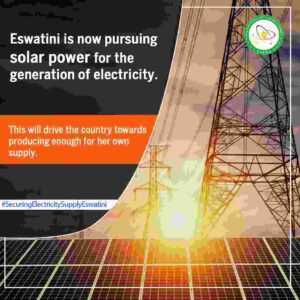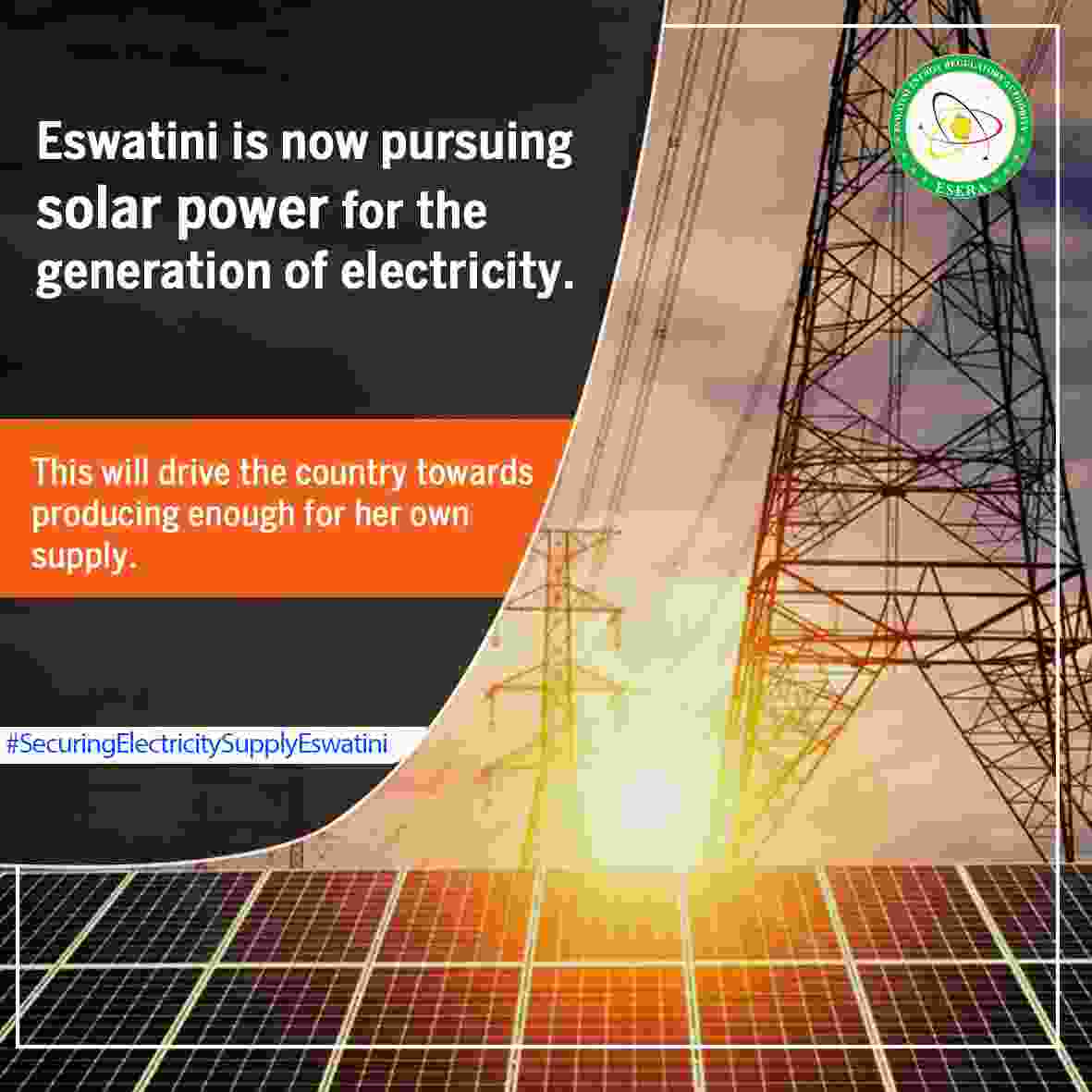By Ntombi Mhlongo
For stakeholders in the energy sector, the plan by South Africa to set up a new state-owned power company could be an advantage for the Kingdom of Eswatini. Their view is that with the power purchasing agreement (PPA) between the two countries coming to an end in 2025, the agreement could be renewed on more favourable terms. Last week, the neighbouring country announced that it will forge ahead with the plan to convert three coal-fired plants into gas-burning generators to ease its energy crisis.

South Africa’s state power utility, Eskom, generates most of the neighbouring country’s electricity and has subjected the country to rolling blackouts since 2008 reportedly because its old and poorly maintained facilities can’t keep pace with demand.
The Kingdom of Eswatini’s power supplier, the Eswatini Electricity Company and Eskom have a business relationship that spans more than 50 years which is bound by a bilateral agreement.
The bilateral agreement between the two parties works in such a way that it is reviewed from time to time.
Currently, the two parties are engaged in bilateral discussions to renew the agreement.
However, there have been concerns that with Eskom facing challenges in terms of power supply, there could be changes in the agreement which might see Eswatini receiving less power than the around 80 per cent it currently imports.
One of the stakeholders who spoke to the Eswatini Financial Times said the plans by South Africa could help Eswatini in that if the burden on Eskom is reduced, the entity will continue to have the capability to supply Eswatini.
“However, even if there is an advantage, it does not mean that Eswatini must then rest and not push its own efforts to become self-sufficient in energy. Eswatini needs to continue with its own plans to find alternative energy sourcing,” the stakeholder said.
Another stakeholder said South Africa’s plan should encourage Eswatini to forge ahead with its own plans as well.
“There could be two advantages, one to benefit and the other to learn. If we learn from what South Africa is planning you may find that in 20 years’ time we will be importing less than 30 per cent from Eskom,” he mentioned.
Following the growing fears of disconnection by Eskom, the Ministry of Natural Resources was asked by Parliamentarians to provide a report on what the government is doing to make Eswatini self-sufficient in energy.
The Parliamentarians wanted to know the strategies that the government has put in place as far as alternative energy sourcing in the country is concerned.
In its responses, the ministry explained that it has worked with all key stakeholders to develop a short-term Generation Expansion Plan which it is implementing through the Eswatini Energy Regulation Authority (ESERA).
According to the Short-Term Generation Expansion Plan, the ministry said it expects about 70MW of solar and 40MW of biomass.
The ministry said it is also in discussion within biomass suppliers for potential addition to the capacity which will be produced as a second tranche and that this will contribute to the baseload requirements for the country.
Furthermore, the ministry said the EEC has been mandated to explore alternative baseload technologies and options including importing natural gas as a feedback stock for gas to power projects and hydropower expansion such as Maguga expansion.
This, the ministry said, is in response to the current worldwide trend that places emphasis on green energy and the challenges in obtaining funding for coal plants.




